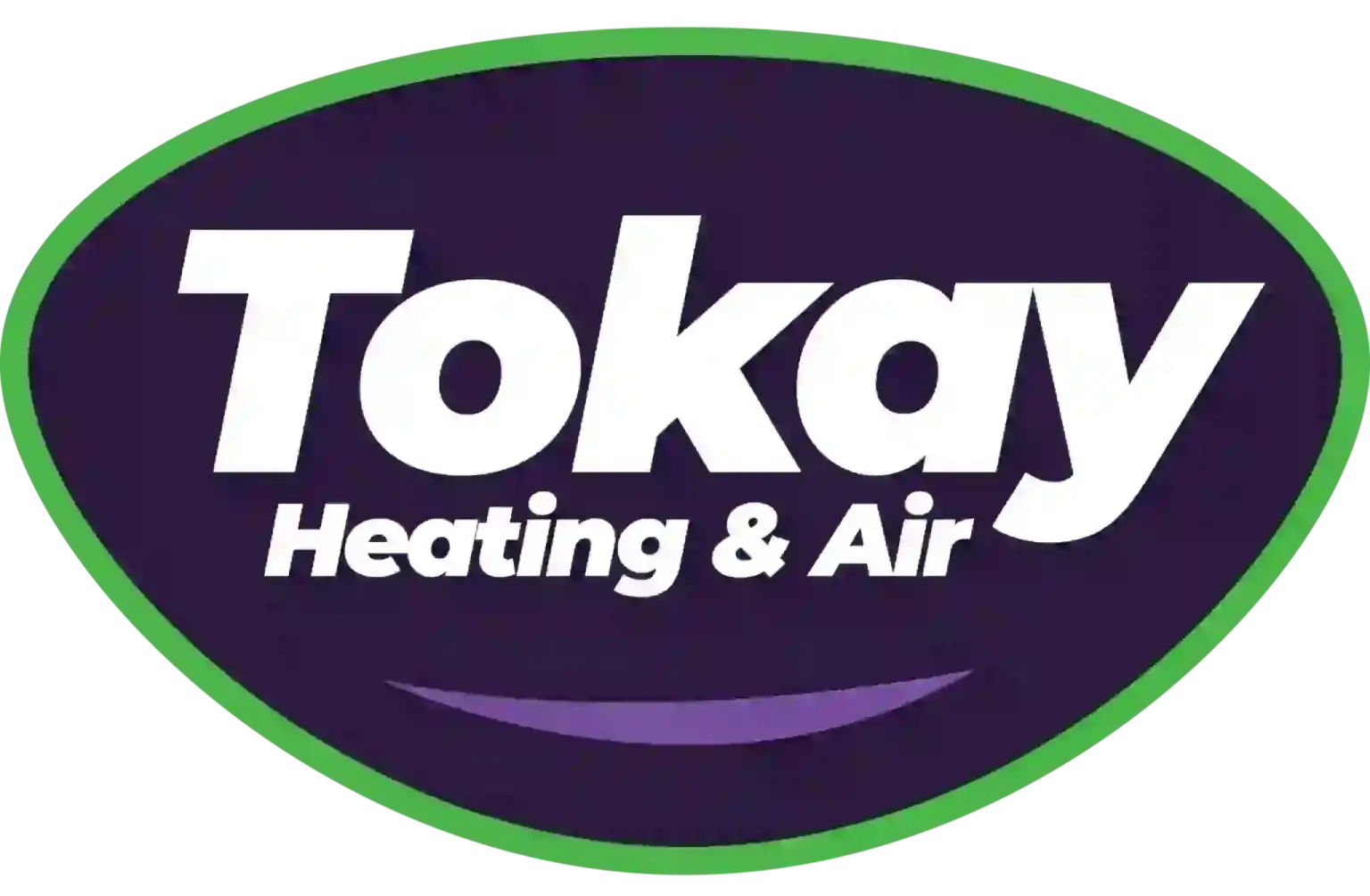Here's How To Make Your Home More Energy Efficient
We can all benefit from saving a few bucks where we can. One of the easiest ways to do this is by improving energy efficiency around your home. Upgrading your HVAC equipment or putting in a smart thermostat, for example, gives you more control over your HVAC system, resulting in a more energy-efficient home and savings on your monthly energy bills.
Read on to learn about 4 ways you can make energy-efficient home enhancements.
- Install a Smart Thermostat: If you still use an older thermostat and adjust it manually, try taking a step toward the future by installing a smart, or Wi-Fi, thermostat – which contains numerous features to make your home more energy efficient.
The feature homeowners enjoy the most is being able to access their smart thermostats from anywhere they want with their smartphone or other smart device. For example, if you forget to change your thermostat before going on vacation, you can just take out your smartphone and make the necessary adjustment.
Just like a programmable thermostat, a smart thermostat permits you to set up a schedule for your home’s temperature based on the time of day and day of the week so you’re not heating or cooling an empty house. Smart thermostats also have the capability to learn your temperature preferences over time and automatically make energy-efficient adjustments. They even provide monthly energy reports that demonstrate how much energy you’ve used and when so you can make modifications to reduce costs.
If you’re wondering how to secure a free smart thermostat, ask your utility company to learn if there are any discounts or free smart thermostats offered. - Regularly Scheduled Tune-Ups for Your HVAC System: Regrettably, lots of homeowners often forget to keep their heating and cooling systems maintained. While this does not seem like a huge deal, inadequate maintenance can produce a number of issues, including inefficiency, breakdowns, and a shorter system lifespan.
When performing an HVAC maintenance service, a heating and cooling technician is going to inspect your HVAC system, clean important components, and pinpoint minor issues before they produce bigger, more expensive repair issues. Maintenance keeps HVAC systems running in optimal condition, which means less energy is needed to heat and cool your home. This could also help with your energy bills, expand the lifespan of HVAC equipment, and contribute to fewer repairs.
We encourage two HVAC tune ups each year – once during the spring before summer and again during the fall before the arrival of cold weather. - Replacing Your Aging, Inefficient HVAC Equipment: Annoyingly, like all appliances, HVAC systems can’t run forever and inevitably need to be replaced. Modern heaters and cooling products are much more efficient than units produced just over 10 years ago. Thankfully, helpful HVAC companies like Tokay Heating & Air can handle professional services such as furnace installation in Lodi.
Well-maintained furnaces and air conditioners can run for about 15-20 years. If your systems are within that span, it is often be a good idea to replace them now to minimize the risk of premature breakdowns that can leave you cold and uncomfortable on a cold winter night. If your equipment is approaching 15 years old and has a problem that needs an expensive repair, it’s almost always time to replace it. As reported by the U.S. Department of Energy, upgrading to a new HVAC system can sometimes save you about 20-40% on your monthly energy bills, so you’ll get back some of the costs of installing a new system.
A professional heating and cooling technician can help you find the most energy efficient HVAC system available. For the most part, look for HVAC systems that are Energy Star certified, indicating the equipment meets firm guidelines established by the U.S. Environmental Protection Agency. LENNOX HVAC systems can be some of the most efficient systems available, featuring both high AFUE and SEER ratings. AFUE is used for heating systems and illustrates how well they convert fuel to heat. SEER, on the other hand, is used to quantify the energy efficiency of air conditioning systems.
Contact a reputable HVAC provider like Tokay Heating & Air for air conditioning installation in Lodi. - Switch to More Energy-Efficient Air Filters: The next time you’re shopping for new HVAC filters, keep in mind that not all air filters are capable of providing the same results. Some air filters are far more efficient than others, contributing to lower energy bills and a cleaner home environment.
The efficiency of HVAC air filters is illustrated by their Minimum Efficiency Reporting Value, or MERV rating. The MERV scale ranges between 1-20; the higher the number, the more efficient the filters are. It’s important to note, though, that high-efficiency air filters can actually obstruct airflow too much based on the type of HVAC system you have. It’s beneficial to study the owner’s manual before purchasing a filter to find the best option for your system.


